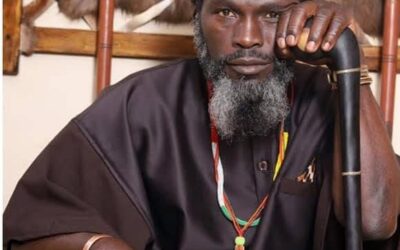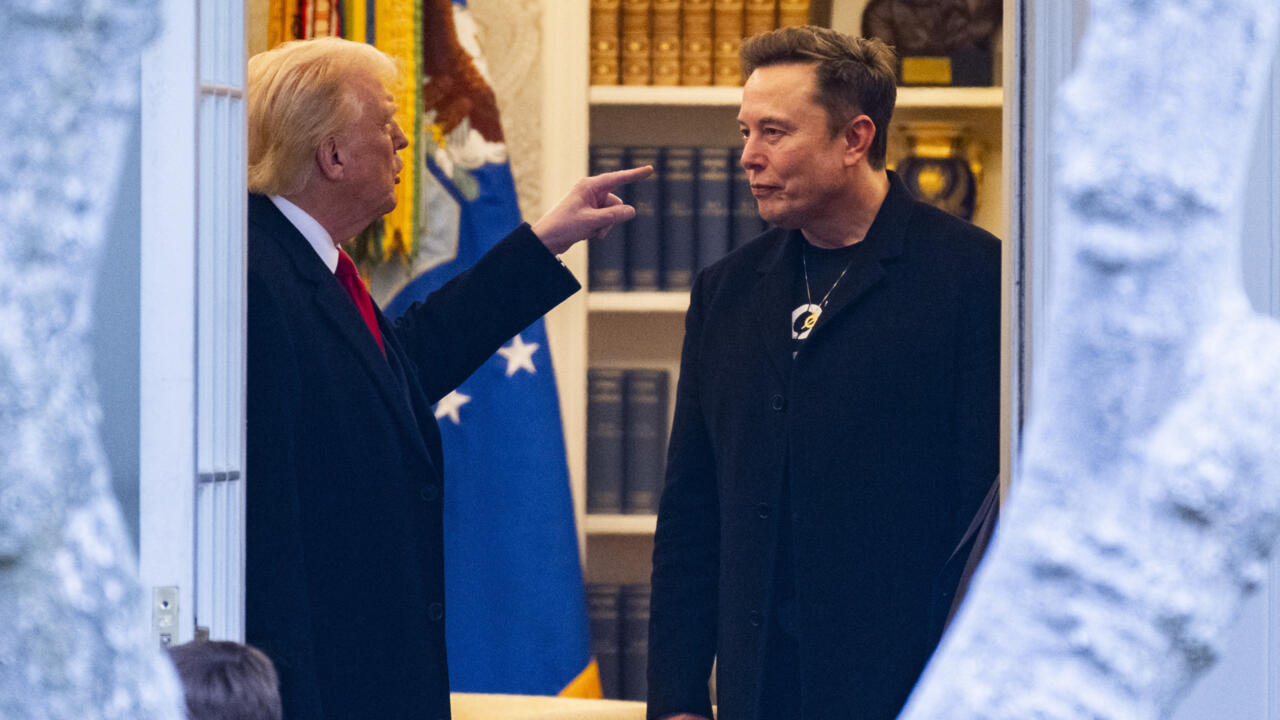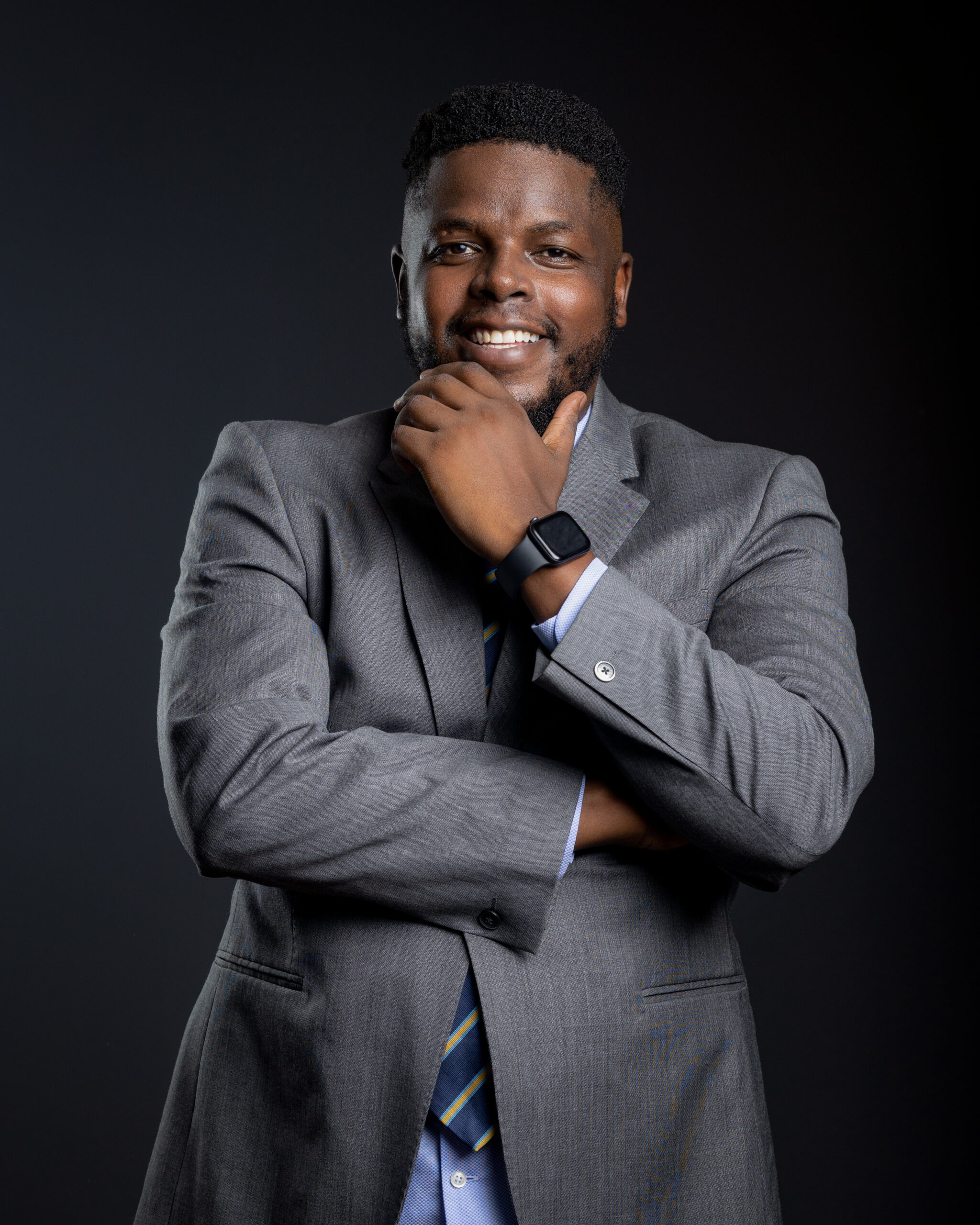By Bafana Phalane
In a dramatic twist of global politics, the once solid alliance between tech billionaire Elon Musk and the U.S. President Donald Trump has shattered, sending ripples far beyond American borders and into the heart of South Africa. What began as a seemingly strategic partnership turned sour over policy disagreements and economic interests, laying bare not only the fragility of their relationship but also the dangers of misinformation campaigns. Particularly concerning is how South Africa was used as a geopolitical pawn in their political theatrics, with the narrative of a so-called “white genocide” being peddled by Musk, backed by right-wing South African organizations such as AfriForum and Solidarity. This article delves into what led to the Musk-Trump split, how South Africa became entangled in their fallout, and what this means for the country’s social fabric and international reputation.
At the beginning of Trump’s second term, Elon Musk was more than just a powerful CEO, he became one of the most influential figures in the U.S. government. Trump appointed him as the head of the newly-formed Department of Government Efficiency (DOGE), a role that allowed Musk to drastically reshape several federal agencies. Among the most affected was the United States Agency for International Development (USAID), which saw major budget cuts and staffing reductions. Musk’s presence in the White House was marked by a rare alignment between political leadership and corporate innovation, with Trump frequently praising him in public interviews. At one point during a February appearance on Fox News, Trump referred to Musk as someone who “gets it done” and called him “a true leader.” Musk reciprocated, saying, “I love the president. I just want to be clear about that.”
But this honeymoon didn’t last. In late May, Musk went public with his criticism of Trump’s flagship economic initiative, the One Big Beautiful Bill Act. The bill proposed sweeping changes to tax structures, cutbacks on electric vehicle subsidies, and a massive increase in government spending. Musk, whose electric vehicle empire Tesla stood to lose billions in subsidies, slammed the legislation. Appearing on CBS Sunday Morning, he said, “I was, like, disappointed to see the massive spending bill, frankly, which increases the budget deficit, not decrease it, and undermines the work that the DOGE team is doing.” Though Musk claimed his opposition was rooted in fiscal responsibility, the cut in EV subsidies raised questions about whether his resistance was genuinely about national interests or a self-serving manoeuvre to protect his corporate interests.
Trump, never one to take criticism lightly, lashed out. He accused Musk of betrayal and implied that Musk’s motives were selfish. He even went as far as threatening to cancel government contracts with Musk-owned enterprises, including space exploration and AI firms that had benefitted from federal funding. The bromance that once defined a new era of tech-politics symbiosis had spectacularly imploded, but the damage was not confined to the U.S., its shockwaves were felt thousands of miles away in South Africa.
Central to the Musk-Trump dynamic was a shared ideological front on certain culture war issues, particularly the controversial claim of a “white genocide” in South Africa. This claim was aggressively promoted by Musk on social media platforms, drawing from rhetoric championed by organizations like AfriForum and Solidarity. According to Musk, the South African government was allegedly engaged in a covert campaign of land expropriation, farm killings, and economic marginalization targeting white South Africans. Trump echoed these sentiments, even ordering the U.S. State Department to investigate the “large-scale killing of farmers” in South Africa, a move heavily criticized by international observers and the South African government alike.
The reality on the ground, however, tells a very different story. White South Africans, while comprising less than 10% of the population, continue to control a disproportionate share of the country’s economy, capital assets, and corporate infrastructure. They dominate key sectors such as finance, retail, agriculture, and property. The economic stratification in South Africa is deeply rooted in the legacy of apartheid and colonialism, yet Musk and his allies have chosen to frame this imbalance as evidence of persecution, not privilege.
AfriForum and Solidarity have played pivotal roles in exporting this narrative to international audiences. These groups have lobbied Western governments, claiming that white South Africans are under siege and require asylum. In some instances, families emigrated to the U.S., citing “persecution” as the reason for their departure. However, many of these claims have not withstood scrutiny. Independent human rights watchdogs and academic researchers have debunked the genocide theory, attributing violent crime on farms to broader social conditions rather than racially motivated targeting. Despite this, Musk’s global reach and Trump’s political platform gave these fringe narratives legitimacy, turning South Africa into a scapegoat in their ideological battle.
With Musk and Trump now at odds, questions arise about the future of the white South African diaspora that sought refuge in the U.S. under the guise of fleeing persecution. Without Trump’s political backing and with Musk’s influence waning due to their public rift, these claims may lose traction in U.S. policy circles. This shift presents an opportunity for the South African government to correct the international narrative. Now is the time for South Africa to assertively denounce misinformation and divisive organizations that perpetuate falsehoods about racial targeting.
President Cyril Ramaphosa’s administration must step up diplomatic engagement to clarify that South Africa is not engaged in any campaign against white citizens. South Africa’s post-apartheid Constitution is globally lauded for its commitment to human rights, equality, and non-racialism. While racial tensions remain a reality, as they do in many nations, there is no institutional or legislative framework that supports the notion of a targeted genocide. Allowing organizations like AfriForum and Solidarity to continue shaping the narrative unchallenged risks deepening domestic divisions and damaging South Africa’s global standing.
Moreover, the government must invest in rebuilding national cohesion. The wounds of apartheid are still raw, and economic inequality remains one of the most significant threats to social stability. But these challenges affect all races, black, white, coloured, and Indian. The majority of South Africans, regardless of skin colour, share in the burden of poverty, unemployment, and limited access to quality education. The idea that white South Africans are uniquely oppressed is not only false but also dangerously divisive.
In this context, the Musk-Trump fallout could ironically serve as a catalyst for South Africa to reset the global conversation. Instead of being reactive, the government and civil society can seize this moment to promote an inclusive narrative rooted in facts and shared humanity. Cultural, economic, and political transformation in South Africa is essential, but it must be driven by truth and unity, not fear-mongering imported from abroad.
The controversy also highlights the importance of information integrity in the digital age. Musk’s use of social media to amplify an unfounded theory shows how quickly misinformation can become mainstream when endorsed by influential figures. Governments must therefore develop strategies to counter disinformation campaigns, especially when they threaten national cohesion and international credibility. Strengthening media literacy, supporting independent journalism, and engaging with tech platforms to flag and debunk false narratives should become part of South Africa’s policy toolkit.
In conclusion, the Musk-Trump rupture is more than a story of two egos colliding, it’s a cautionary tale about how international politics can distort local realities. South Africa must not let its national identity and complex history be hijacked by foreign actors with political agendas. The country now has a rare opportunity to reclaim its narrative, reaffirm its democratic principles, and foster unity in the face of manufactured division. Denouncing divisive organizations like AfriForum and Solidarity, and engaging honestly with the global community, is the first step toward building a more just and truthful representation of South Africa’s journey.
Bafana Phalane: Editor and Founder @ Maverick Point.








13 thoughts on “Musk and Trump’s Broken Alliance: What’s next for South Africa?”